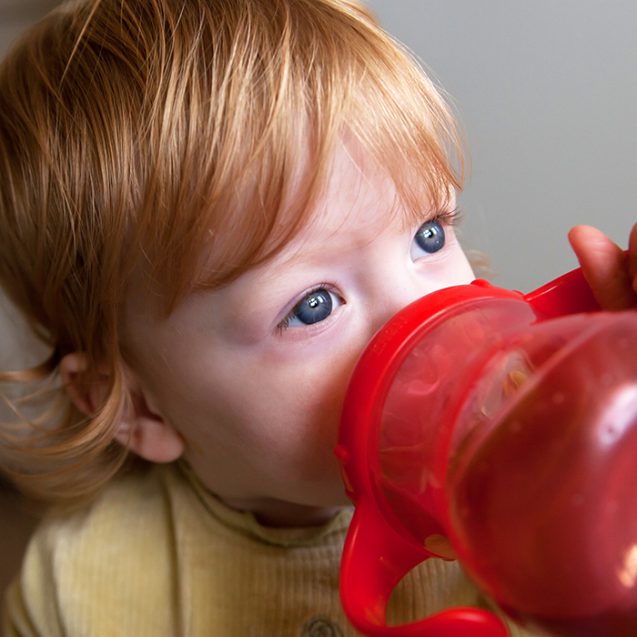Don’t Be Fooled By Fruit Juice
EVERY CHILD LOVES sugary treats! But most parents understand how bad they can be for a developing smile. Unfortunately, some sweet things are more deceiving than others. As your trusted dental team, we’re here to make sure your kids can get the nutrients they need to have strong, healthy and beautiful teeth!
Fruit Juice Contains A Lot Of Sugar
It’s not always easy getting little ones to eat their fruits and veggies. Many parents turn to juice as an alternative to help them get some of the nutrients they need. While there are nutritional benefits to fruit juice, it can also be really hard on teeth.
Fruit juice, even if it’s all natural, contains a lot of sugar. What’s worse is that many fruit juices, especially those marketed for children, have added sugar in them. And even though fruit juice is often touted as a healthy alternative to soda, the majority of them contain just as much sugar as soda, sometimes even more! And as you well know, sugar is the number one culprit behind tooth decay.
Unfortunately, sugar isn’t the only problem–fruit juice is also very acidic. The combination of sugar and acid can pack a mean punch: while acid weakens tooth enamel, sugar feeds cavity-causing bacteria and contributes to decay. Needless to say, this can be extremely bad for young, developing teeth!
Follow These Steps To Protect Your Child’s Teeth
The American Association of Pediatric Dentistry recommends that children one to six years old should have no more than four to six ounces of fruit juice per day. When you give your child fruit juice, follow these five tips to help protect their teeth from decay:
- Don’t let them sip throughout the day. Have your child drink fruit juice all at once instead of throughout the day. Tooth decay is more about how long sugar comes in contact with the teeth and less about how much. This means that parents should avoid putting juice in sippy cups.
- Dilute it with water. This is an easy step to protect your child’s teeth from damage.
- Drink at mealtime. More saliva is produced when eating a meal, helping wash away sugar left by juice and remineralize tooth enamel. Chewing food also helps to physically remove sugar adhering to teeth.
- Use a straw. Using a straw will reduce the amount of sugar and acid that comes in direct contact with teeth.
- Rinse with water. Offer your child water after drinking juice to wash away any remaining sugar.
In general, it’s better to eat fruit than to drink it. Fiber in whole fruit slows the absorption of sugar in the bloodstream, so it’s not only better for your child’s teeth, it’s also better for their body.
Check out this video to learn more about baby bottle tooth decay and the negative effects of sugary drinks on your child’s smile:
[arve url=”https://www.youtube.com/watch?v=SlwiXRmlLyA”/]
Your Child’s Smile Deserves The Best
Fruit juice and soda may be what your child requests, but milk and water are much better choices. They’ll thank you later in life for healthy, cavity-free teeth! After all, your child’s smile deserves the best… not necessarily their taste buds!
Thank you for trusting us with your child’s dental health!

op image by Flickr user Zhao ! used under Creative Commons Attribution-Sharealike 4.0 license. Image cropped and modified from original.

